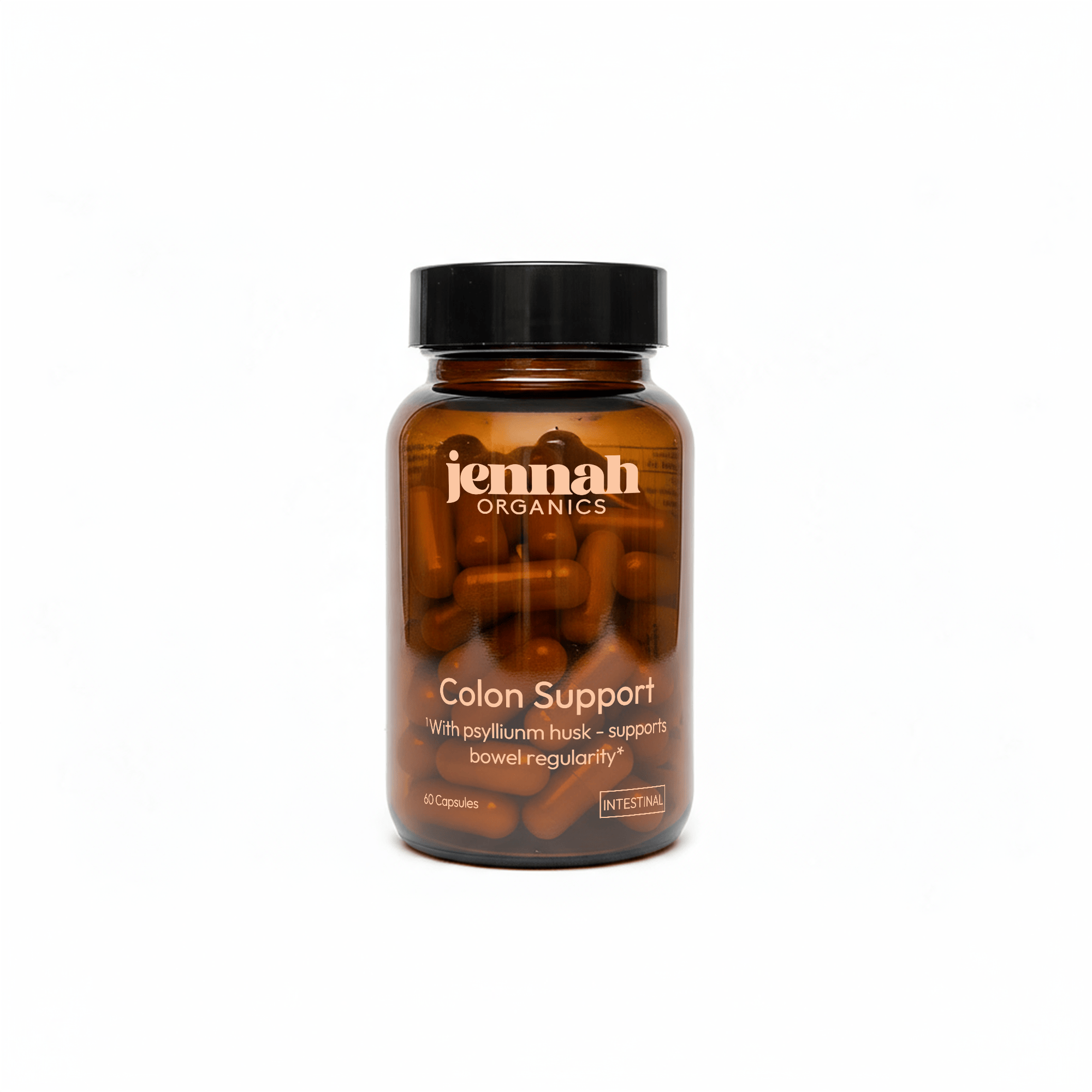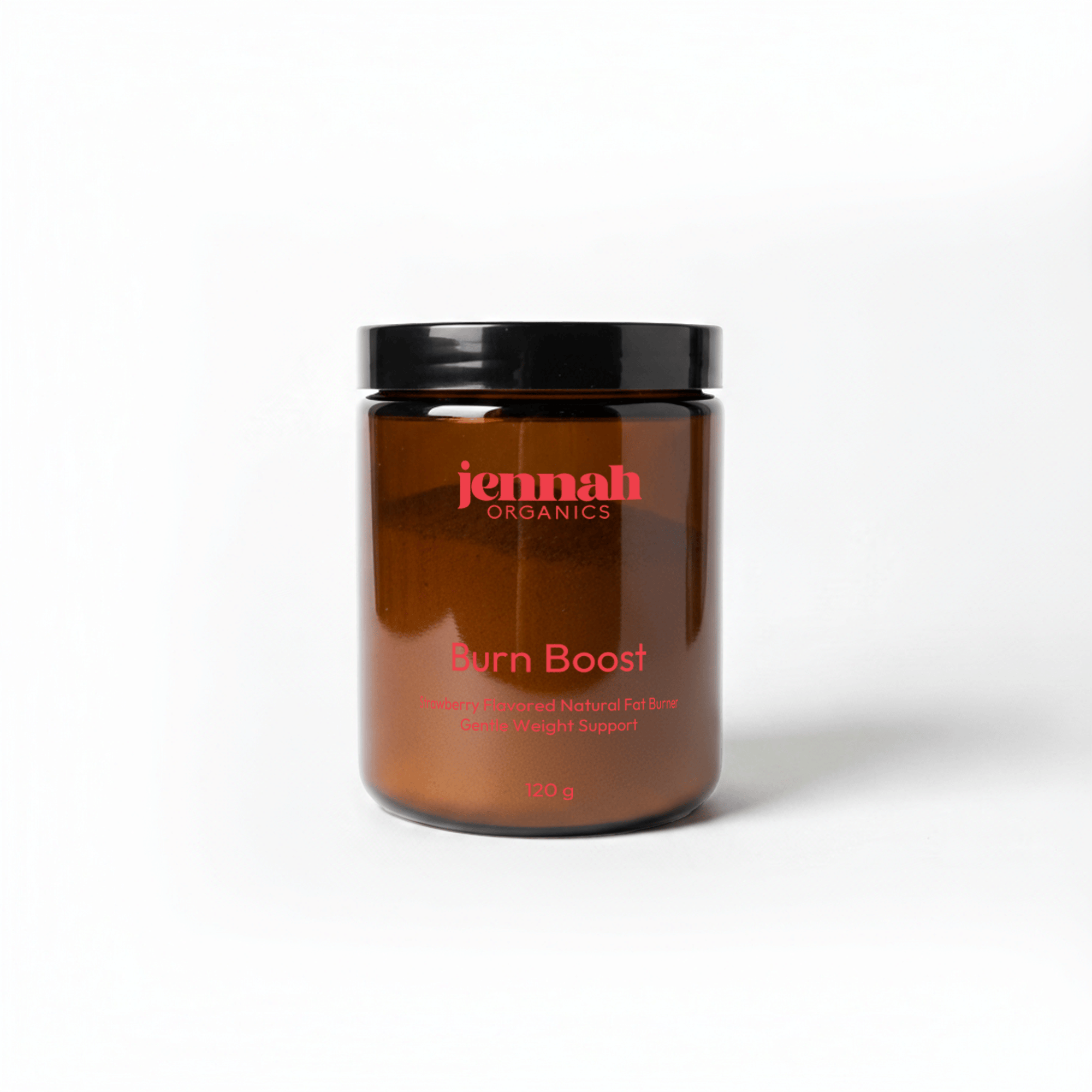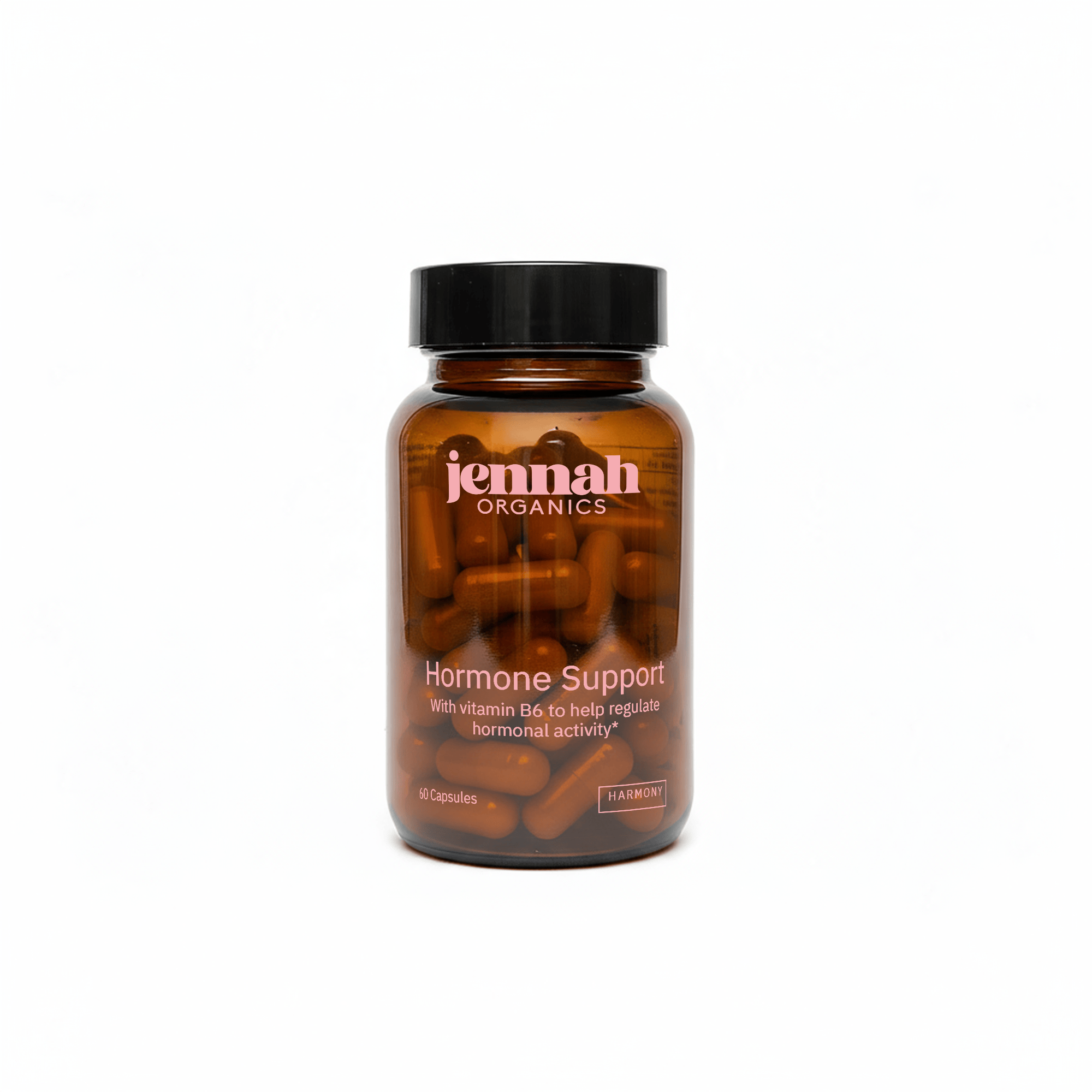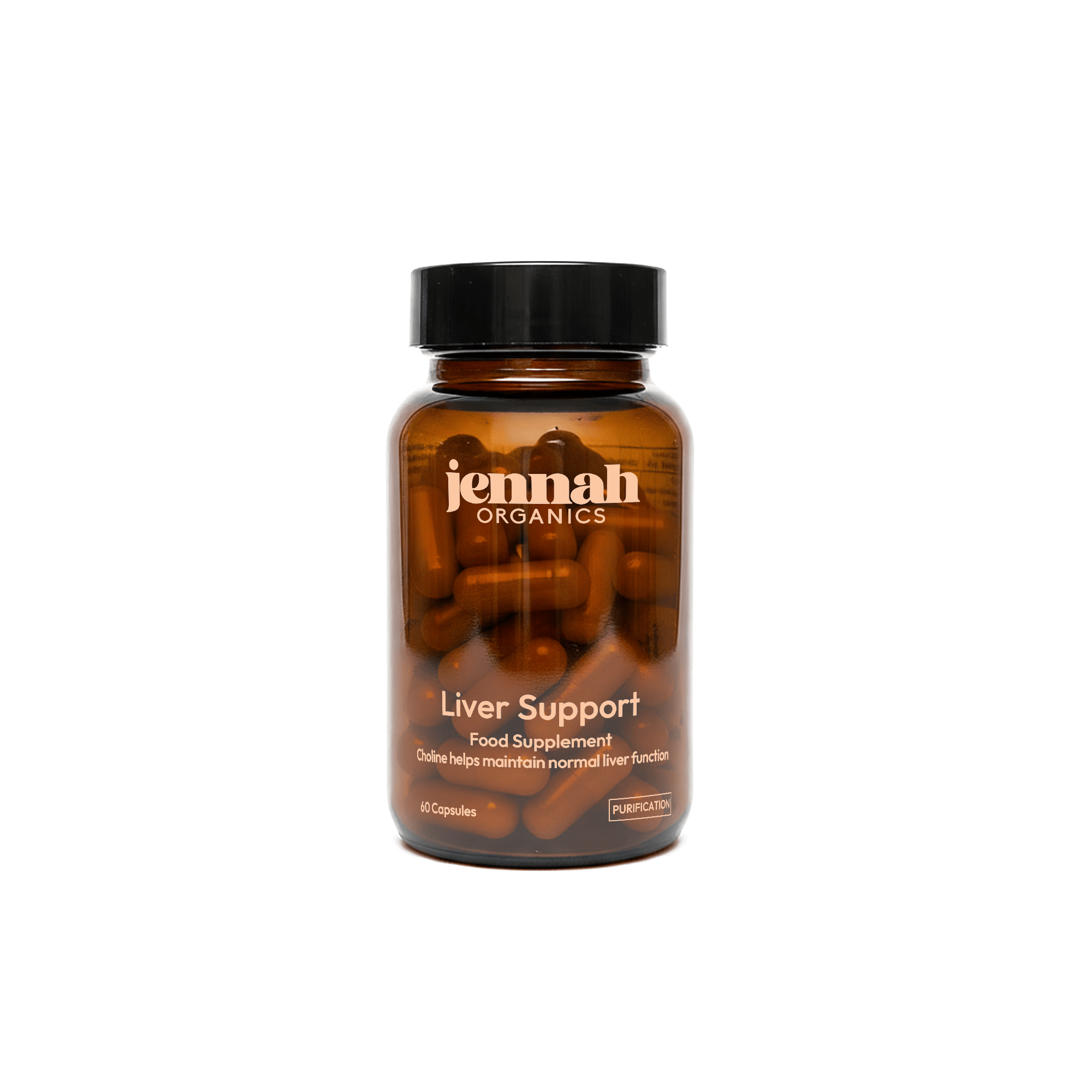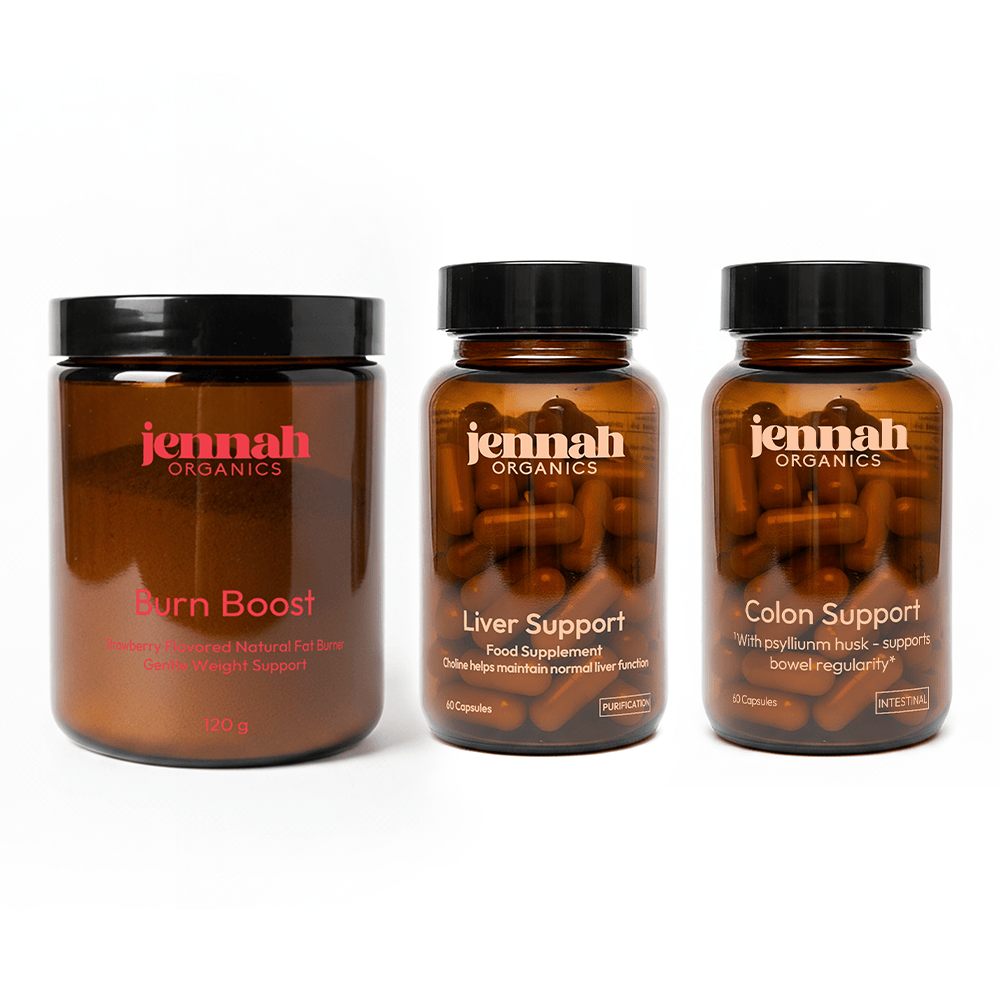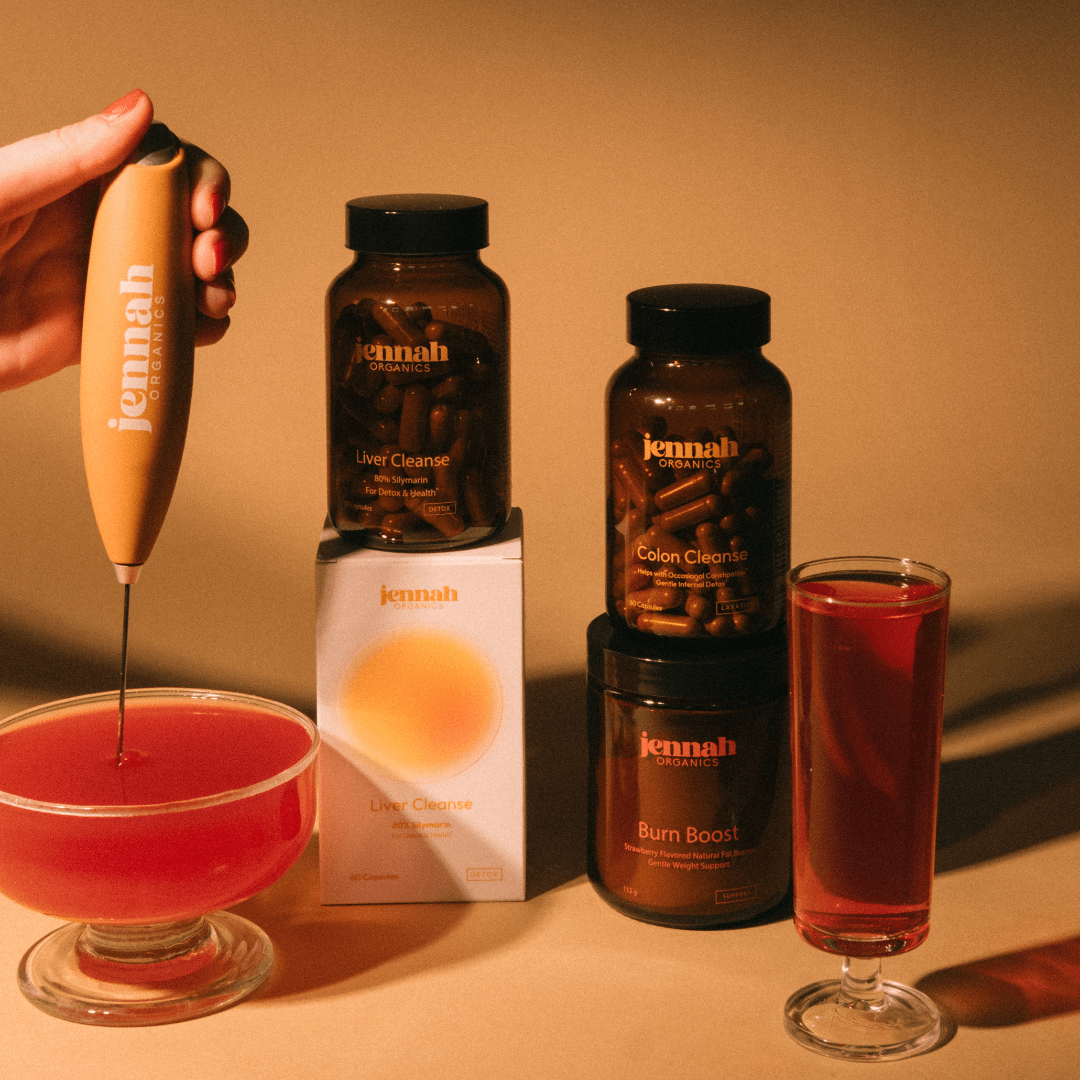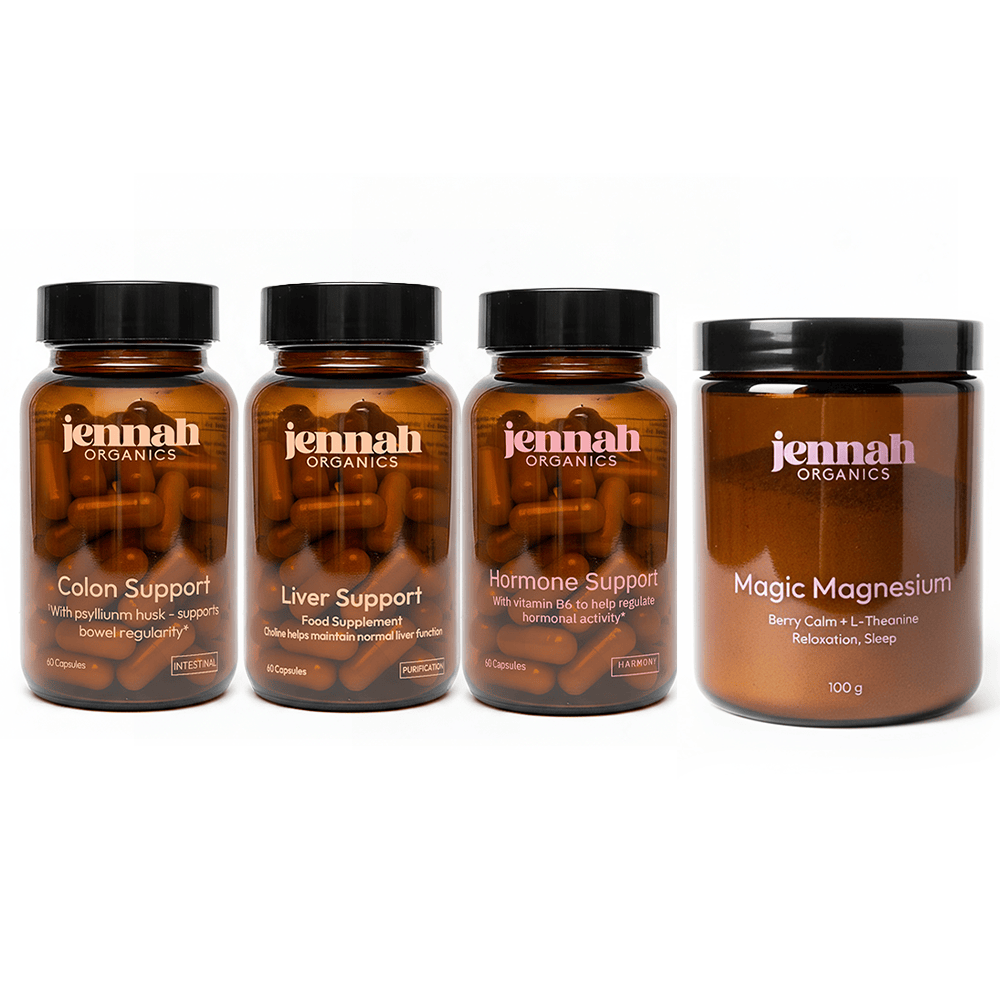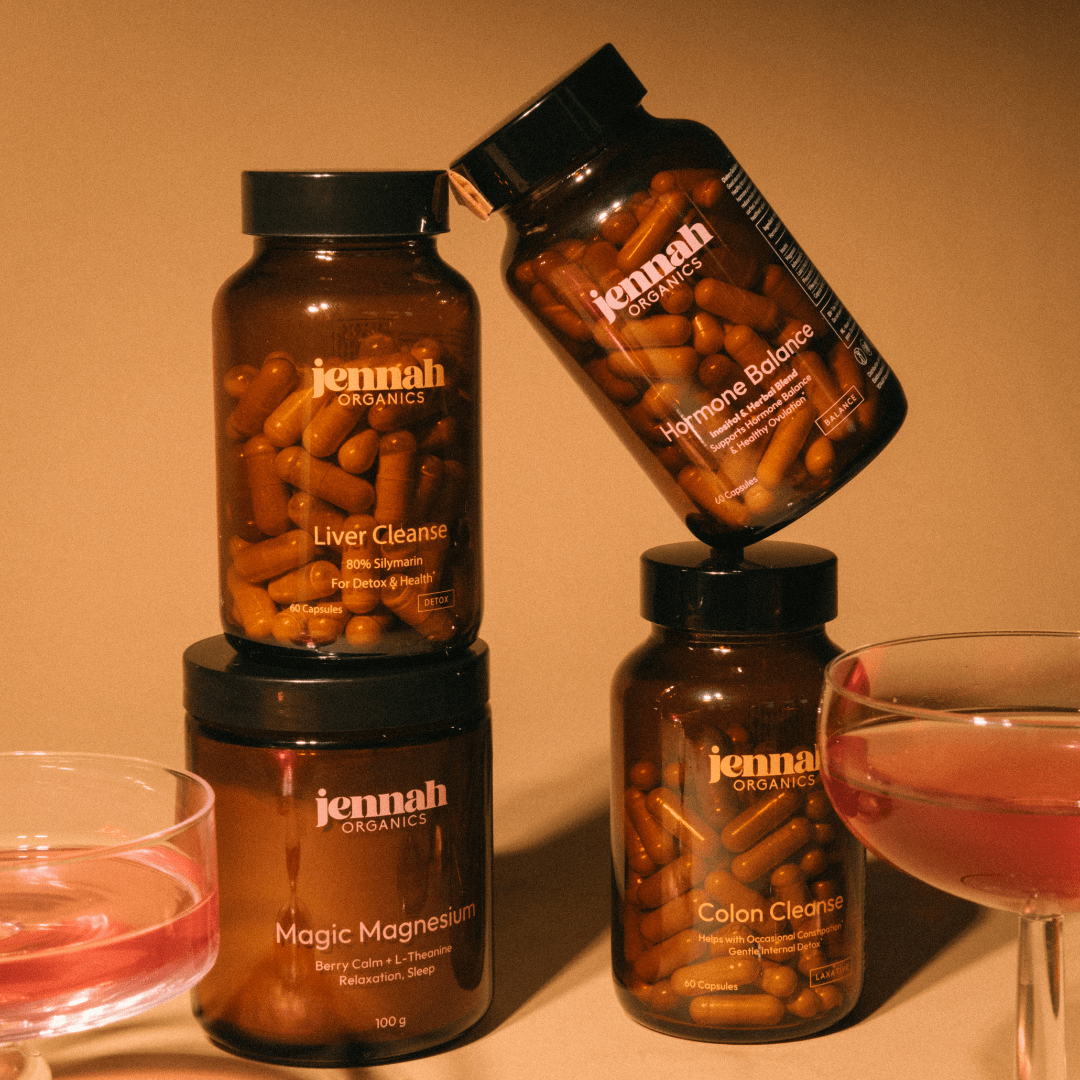In small doses, inflammation is a natural, useful defense mechanism against injury and infection.
However, chronic inflammation can lead to serious health problems like heart disease, arthritis, cognitive decline, and even cancer. No, thanks!
The good news? Certain foods that are super easy to get in your daily diet can help reduce inflammation and improve your overall health.
As a nutritional therapist, here are five of my favourite everyday foods that fight inflammation:
1. Fatty fish
Fatty fish like salmon, mackerel, sardines and trout are extremely rich in omega-3 fatty acids which have been shown to significantly reduce inflammation.
Omega-3s work by reducing the production of inflammatory chemicals in the body and by also helping to promote the formation of anti-inflammatory compounds.
How it helps:
- Reduces inflammation in the blood vessels, lowering the risk of heart disease.
- Supports brain health and reduces the risk of neurodegenerative diseases.
How to add it to your diet:
- Grill or bake some salmon for dinner.
- Add canned sardines or mackerel to salads or sandwiches.
- You can also take a fish oil supplement if fresh fish is hard to come by
2. Brightly-coloured berries
Berries like strawberries, blueberries, raspberries, and blackberries are packed with antioxidants called polyphenols and flavonoids which can help to combat both inflammation and oxidative stress.
How it helps:
- Polyphenols may help to lower inflammatory markers in the blood.
- Flavonoids protect cells from damage and could reduce the risk of some chronic diseases.
- The high fiber content of berries supports gut health which actually plays a crucial role in regulating inflammation.
How to add it to your diet:
- Blend them into smoothies for a refreshing anti-inflammatory boost.
- Add them to yogurt or oatmeal for a nutritious breakfast.
- Eat them as a healthy snack instead of processed sweets.
3. Leafy green vegetables
Dark leafy greens like spinach, kale, Swiss chard, and collard greens are loaded with vitamins, minerals, and antioxidants that help fight inflammation.
How it helps:
- Vitamin E protects the body from pro-inflammatory molecules.
- Chlorophyll can help detoxify the body and reduce oxidative stress.
- High levels of fiber help maintain a healthy gut microbiome, which plays a key role in inflammation control.
How to add it to your diet:
- Toss fresh spinach or kale into salads.
- Blend leafy greens into your smoothies.
- Saute swiss chard or collard greens with some olive and spices to make a side dish.
4. Turmeric
Turmeric is a bright yellow spice that is widely used in Indian and Asian cuisine. It has also been used as an ancient remedy in Ayurvedic medicine.
Its active compound, curcumin, has powerful anti-inflammatory properties that have been shown time and time again in scientific research.
How it helps:
- Curcumin can block certain inflammatory pathways and helps to prevents chronic inflammation.
- It may help reduce joint pain and stiffness in conditions like arthritis.
- It may support brain health over time.
How to add it to your diet:
- Add a teaspoon of turmeric to soups, stews, and curries.
- Drink turmeric tea or golden milk (turmeric with warm milk and honey - you can also add other spices like cinnamon, nutmeg, and ginger).
Note: If you pair turmeric with black pepper it can enhance the absorption of curcumin.
5. Nuts and Seeds
Nuts (such as almonds, walnuts, and pistachios) along with seeds like chia seeds, flaxseeds, and hemp seeds are all rich in super healthy fats, fiber, and antioxidants that work together to help lower inflammation.
How they help:
- High levels of omega-3 fatty acids in walnuts and flaxseeds may help reduce inflammation.
- Vitamin E in almonds protects against oxidative stress and inflammation.
- Fiber supports a healthy gut, which in turn regulates inflammation.
How to add them to your diet:
- Snack on a handful of mixed nuts every day.
- Add some chia or flaxseeds to smoothies, yogurt, or oatmeal.
- Use almond butter as a spread on your bread or some crakcers.
FAQs
1. What are the worst foods for inflammation?
The worst foods for inflammation include processed foods, sugary drinks, fried foods, refined carbohydrates, and very excessive red meat consumption.
2. Can drinking water help reduce inflammation?
Yes, staying hydrated can help to flush out toxins and support overall body functions, reducing inflammation over the long-term.
3. How quickly can an anti-inflammatory diet work?
Some people might notice reduced symptoms in just a few days, but the longer term benefits of an anti-inflammatory diets typically appear within a few weeks to months.
4. Are there any drinks that fight inflammation?
Yes, drinks like green tea, turmeric tea, ginger tea, and fresh vegetable juices may help to fight inflammation.
5. Can I take supplements instead of eating anti-inflammatory foods?
Supplements like fish oil and curcumin might help to reduce inflammation, however they should never replace a balanced diet. That’s because whole foods provide a broader range of nutrients that work together to fight inflammation effectively.
Final thoughts
Reducing inflammation doesn’t have to be complicated! By incorporating these five everyday foods into your diet, you can naturally support your body’s ability to fight inflammation and reduce the risk of chronic diseases.
But remember, don’t forget to pair these foods with regular exercise, and good sleep habits for the best results.
Written by Zaheera Swing - Nutritional Therapist & Herbalist
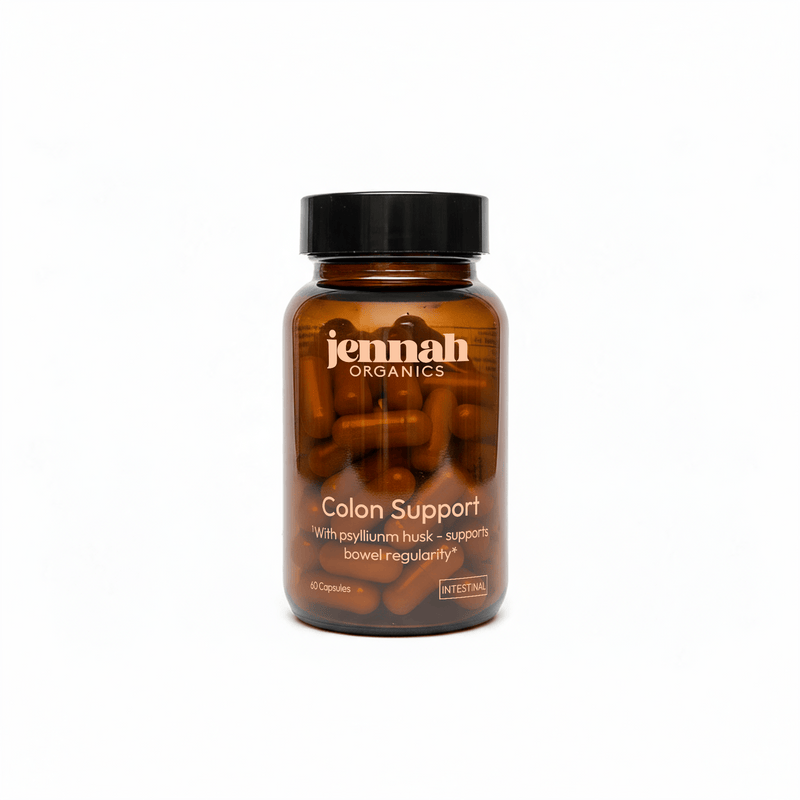
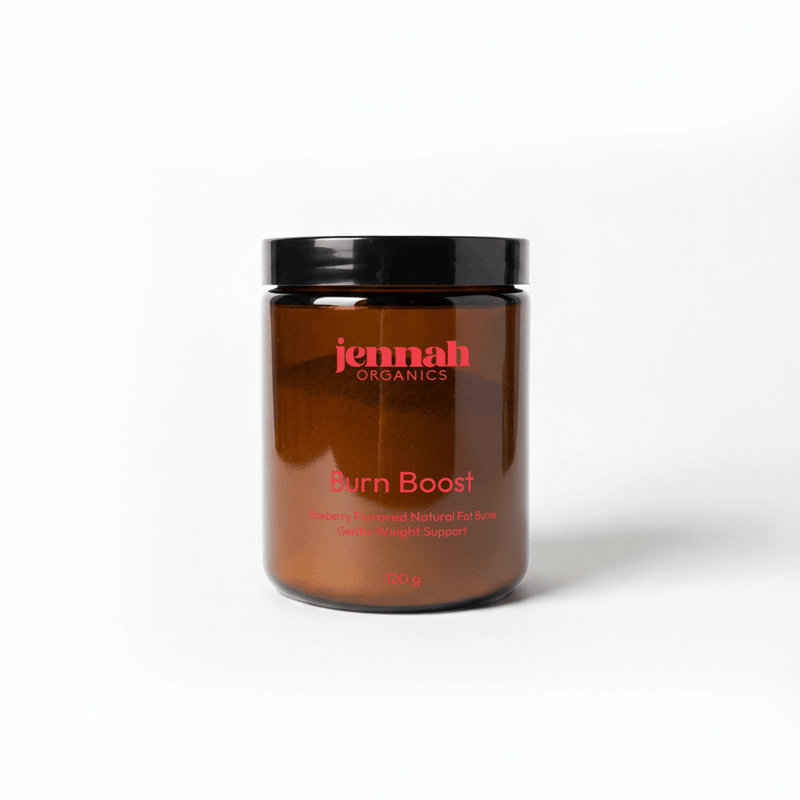
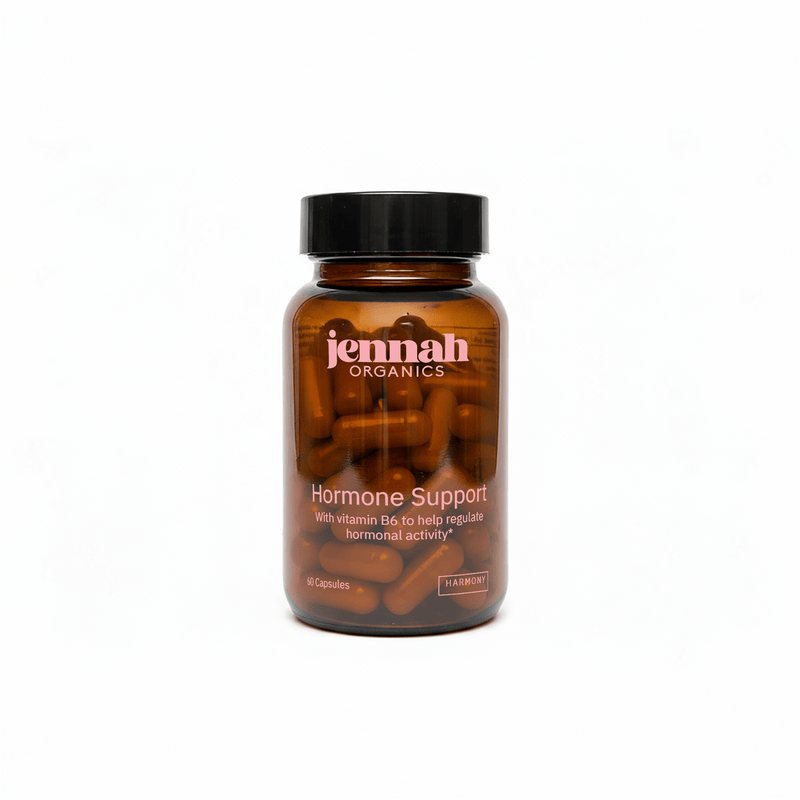
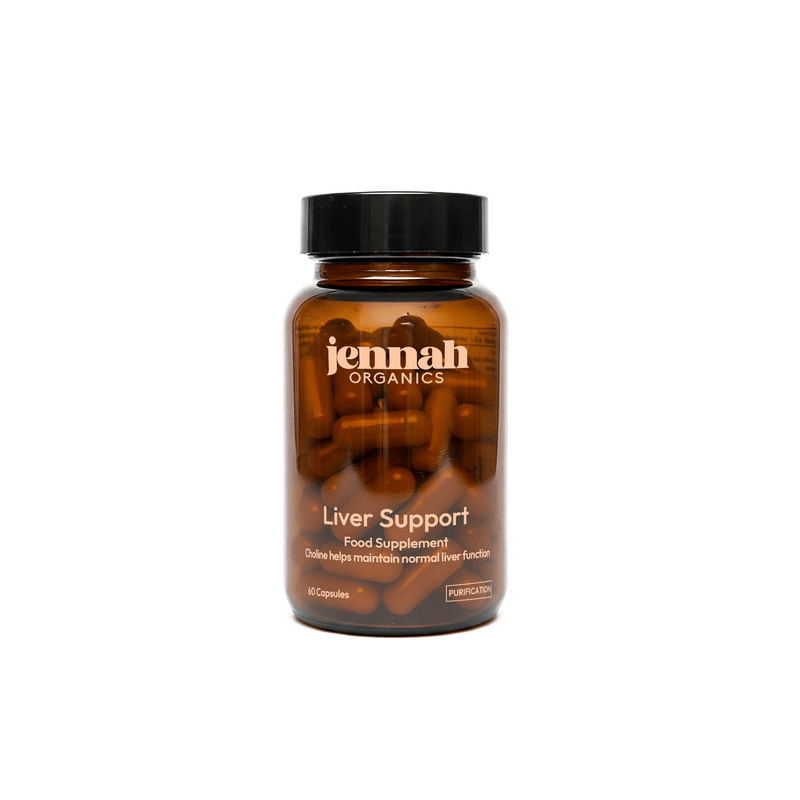
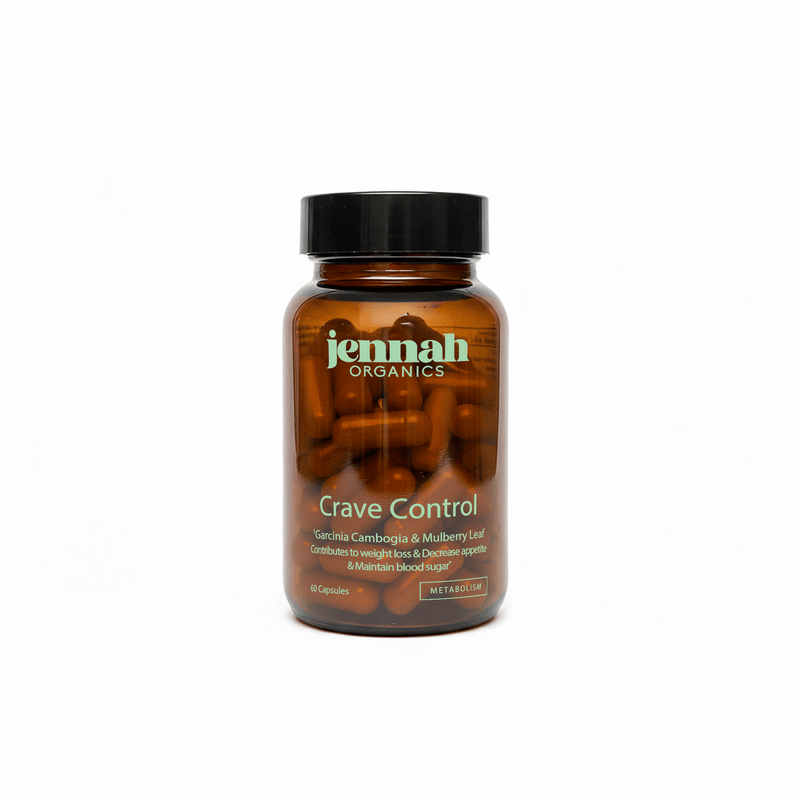

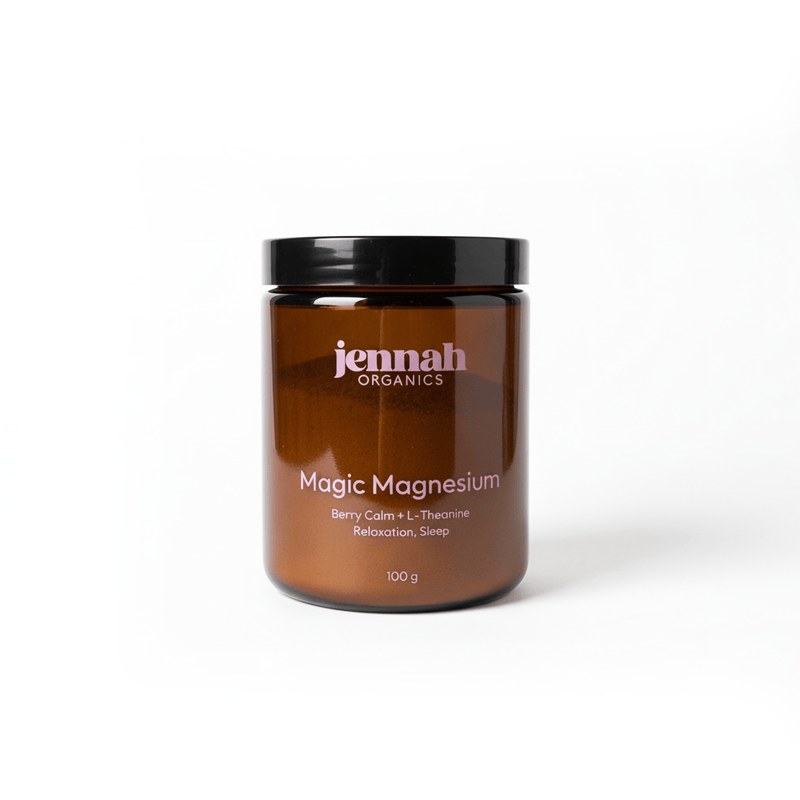
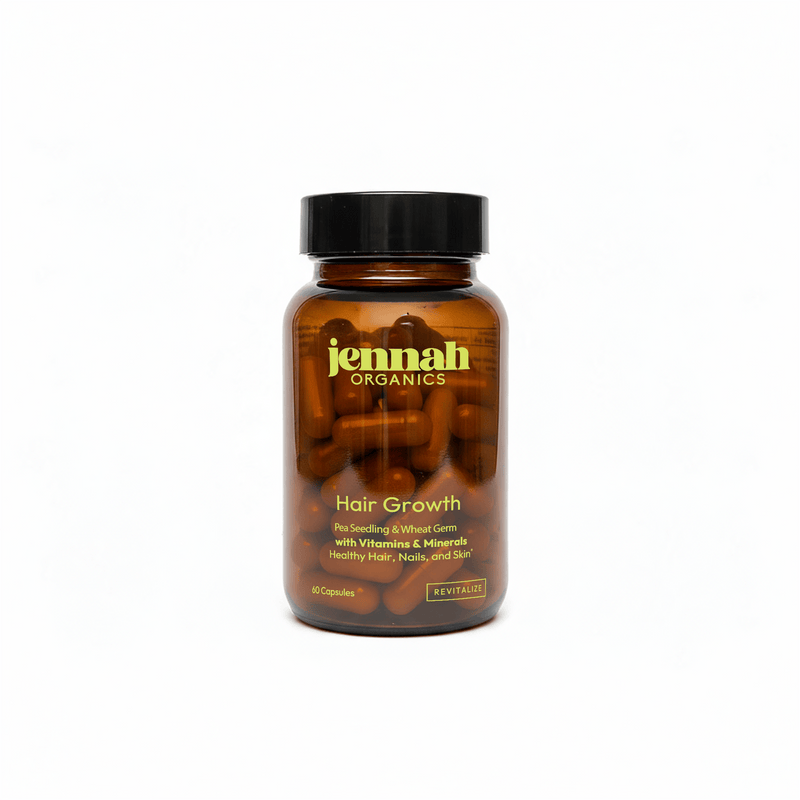
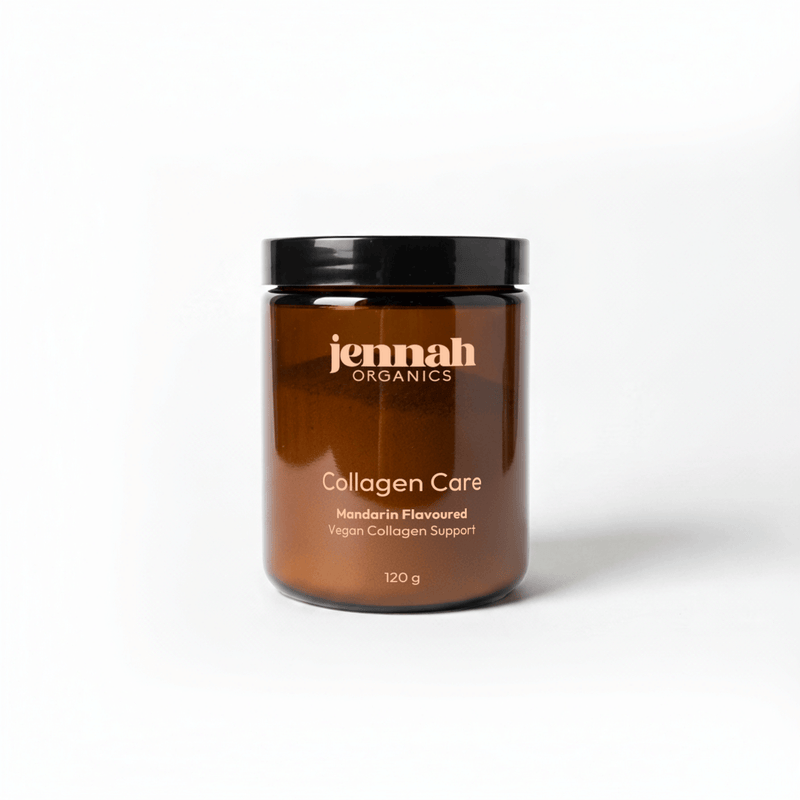
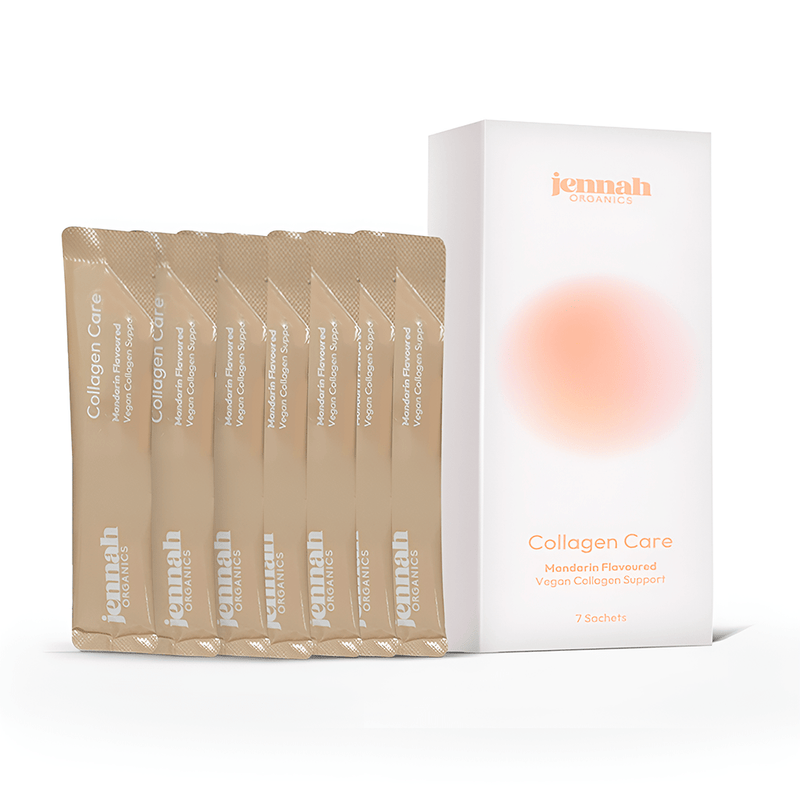
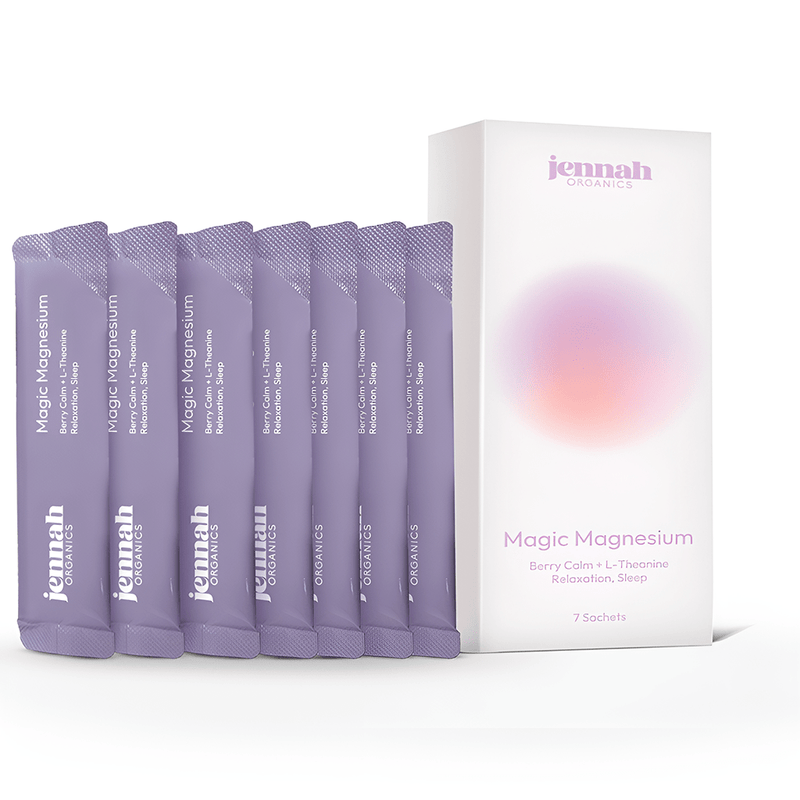
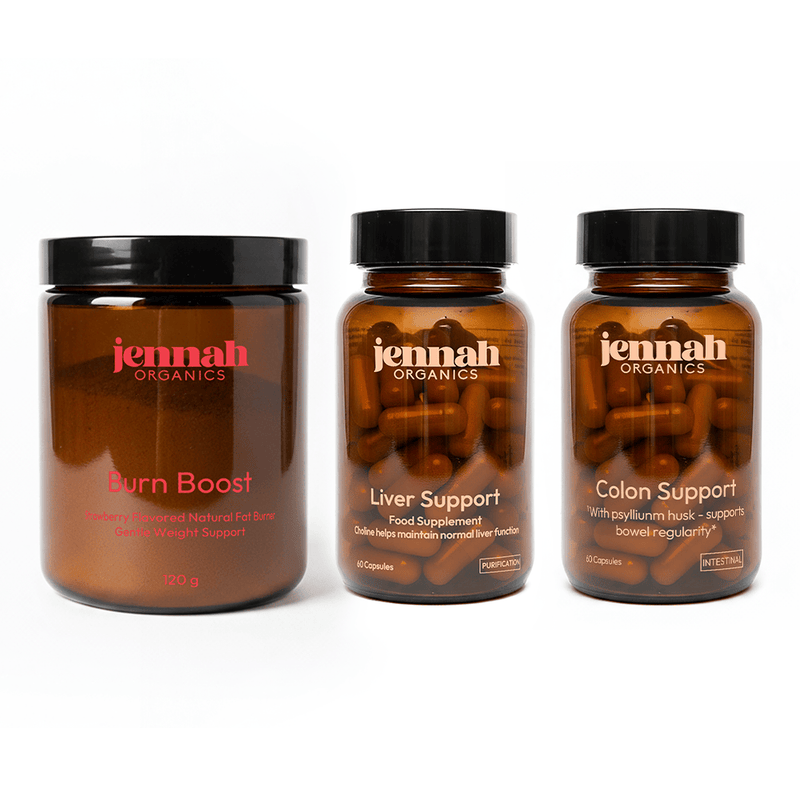
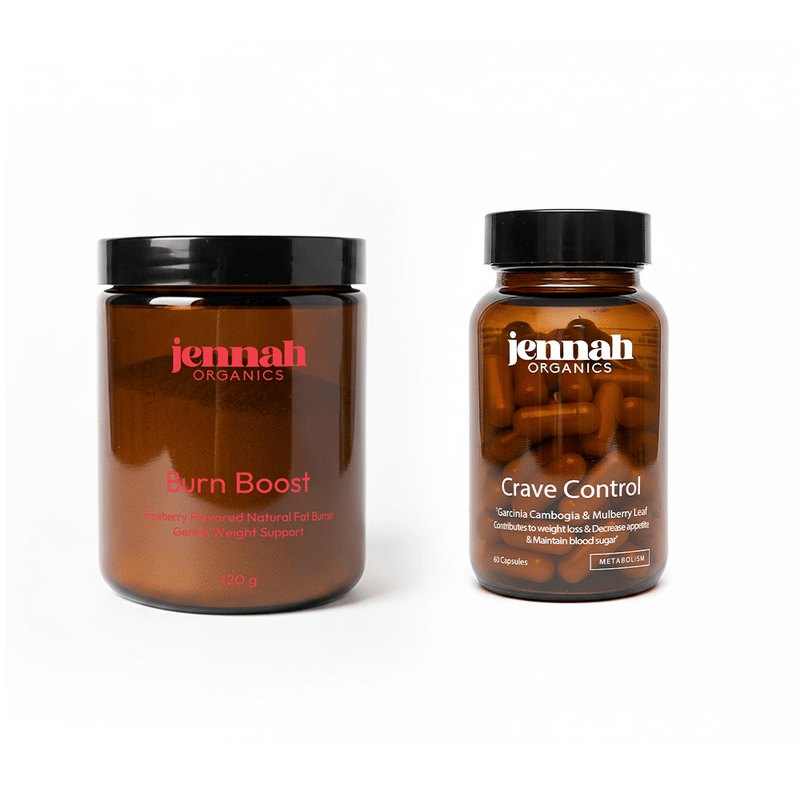
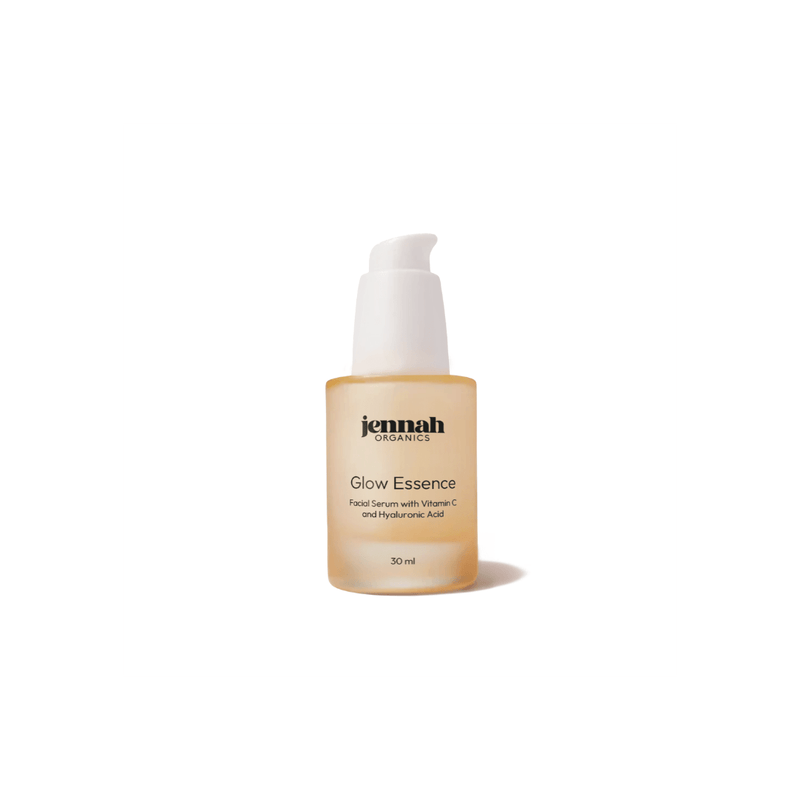
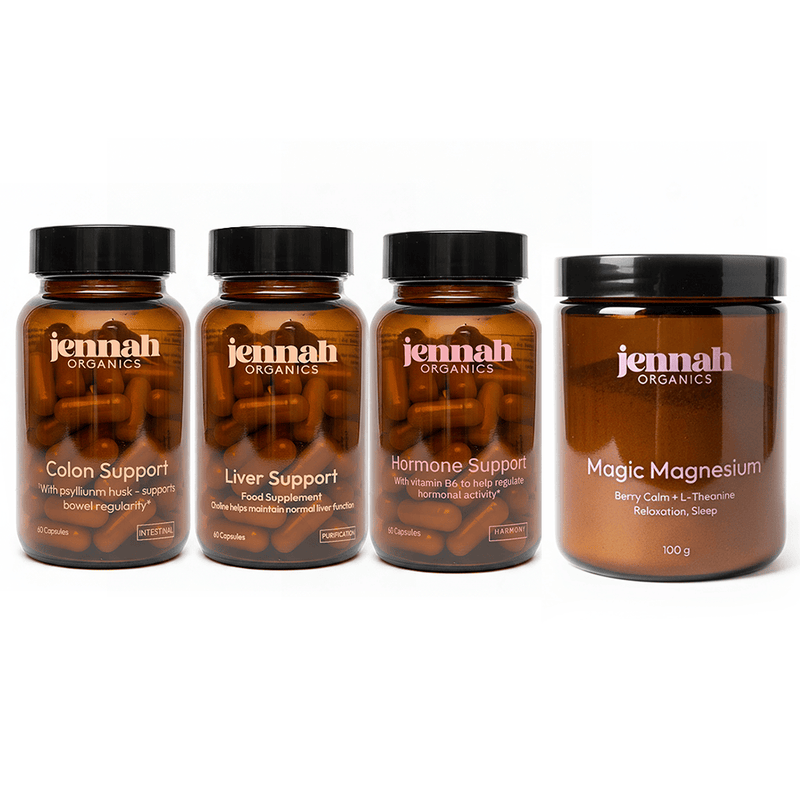
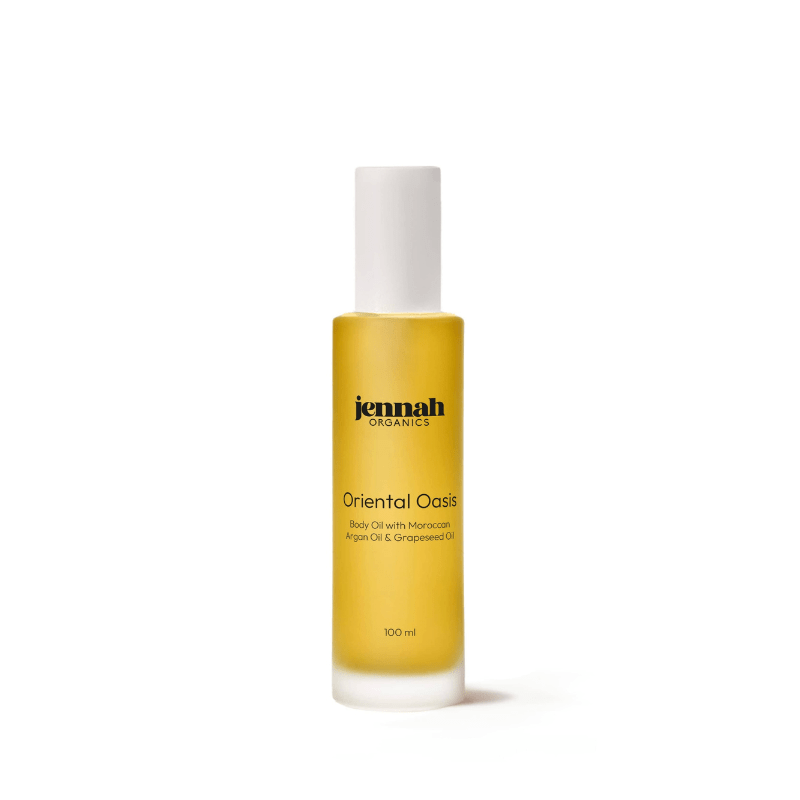
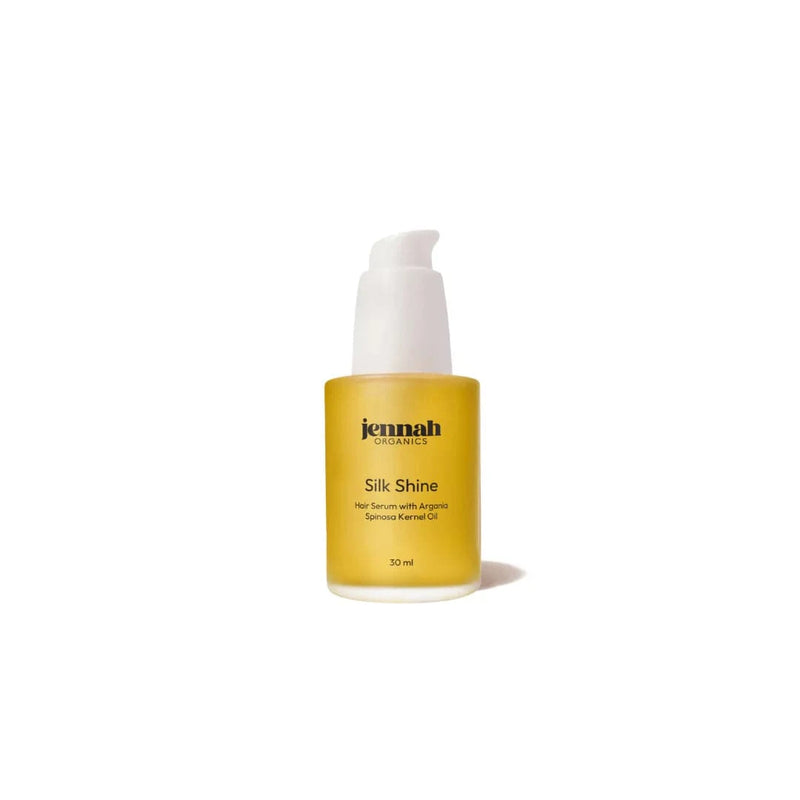

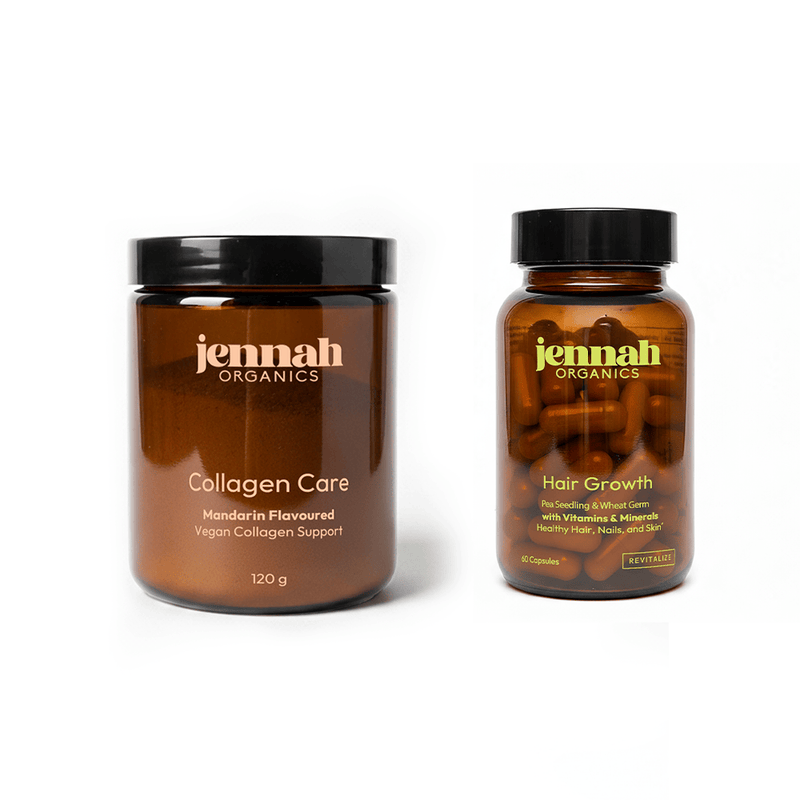
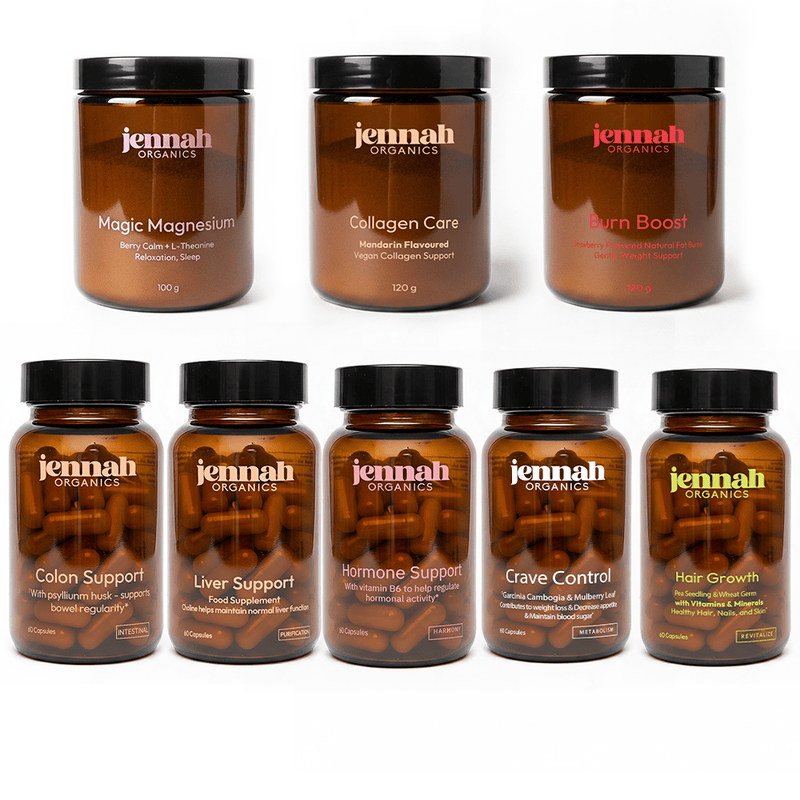
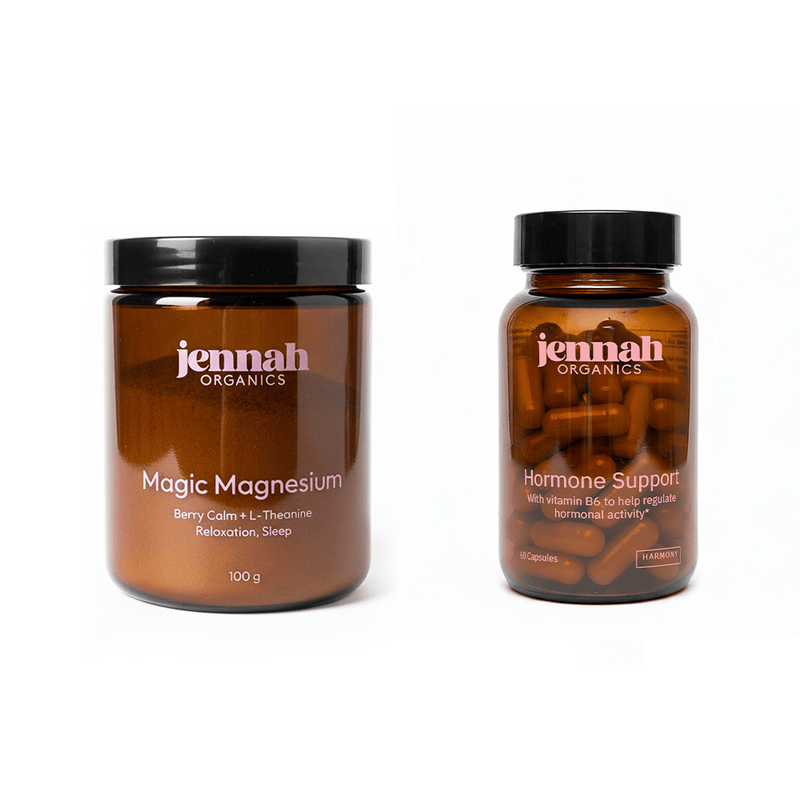
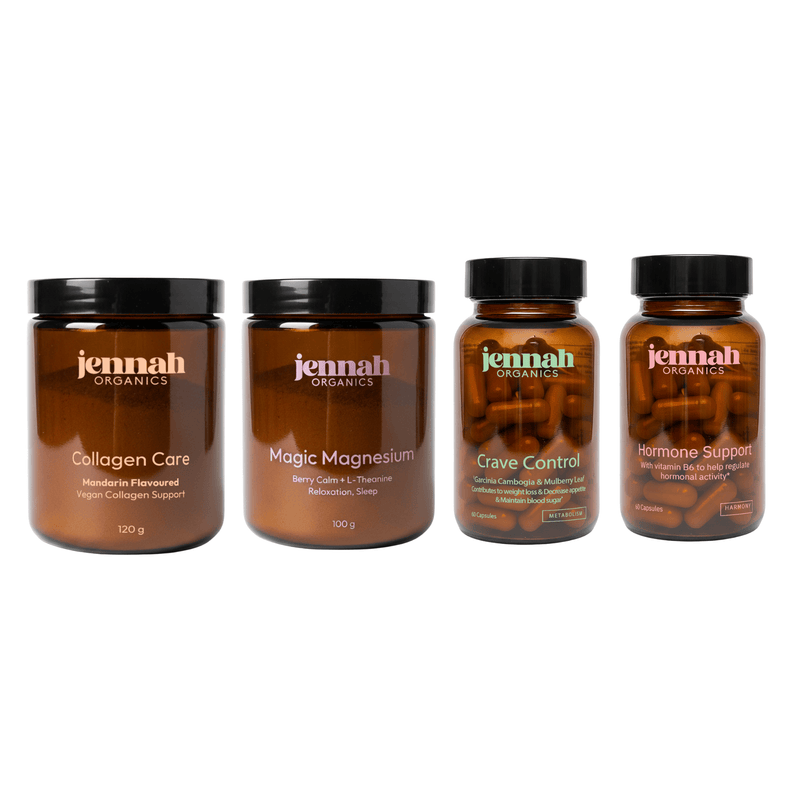
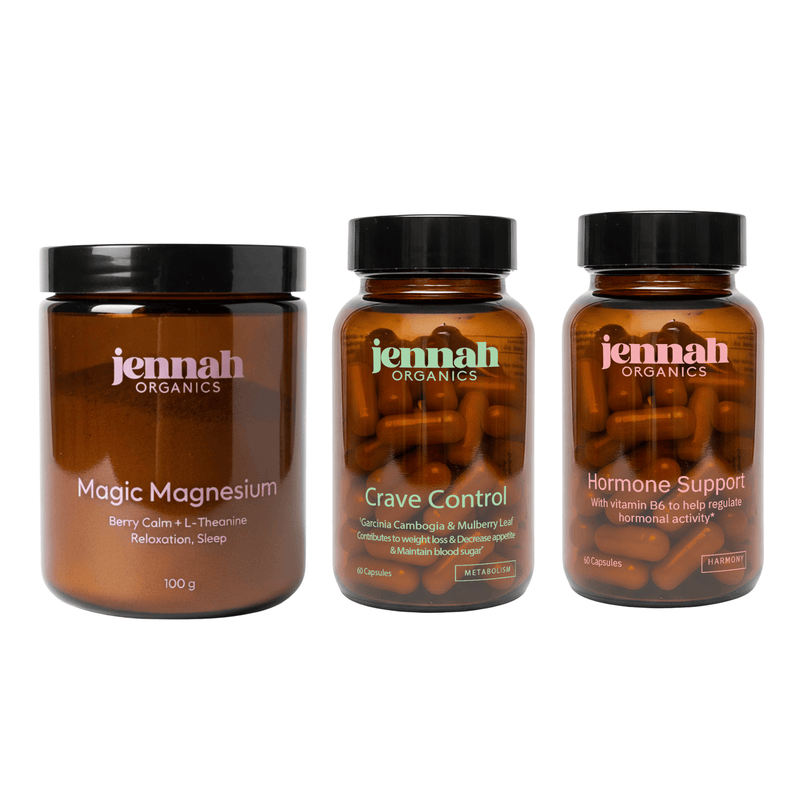


 Netherlands
Netherlands
 Germany
Germany
 France
France
 Italia
Italia
 España
España
 Sverige
Sverige

